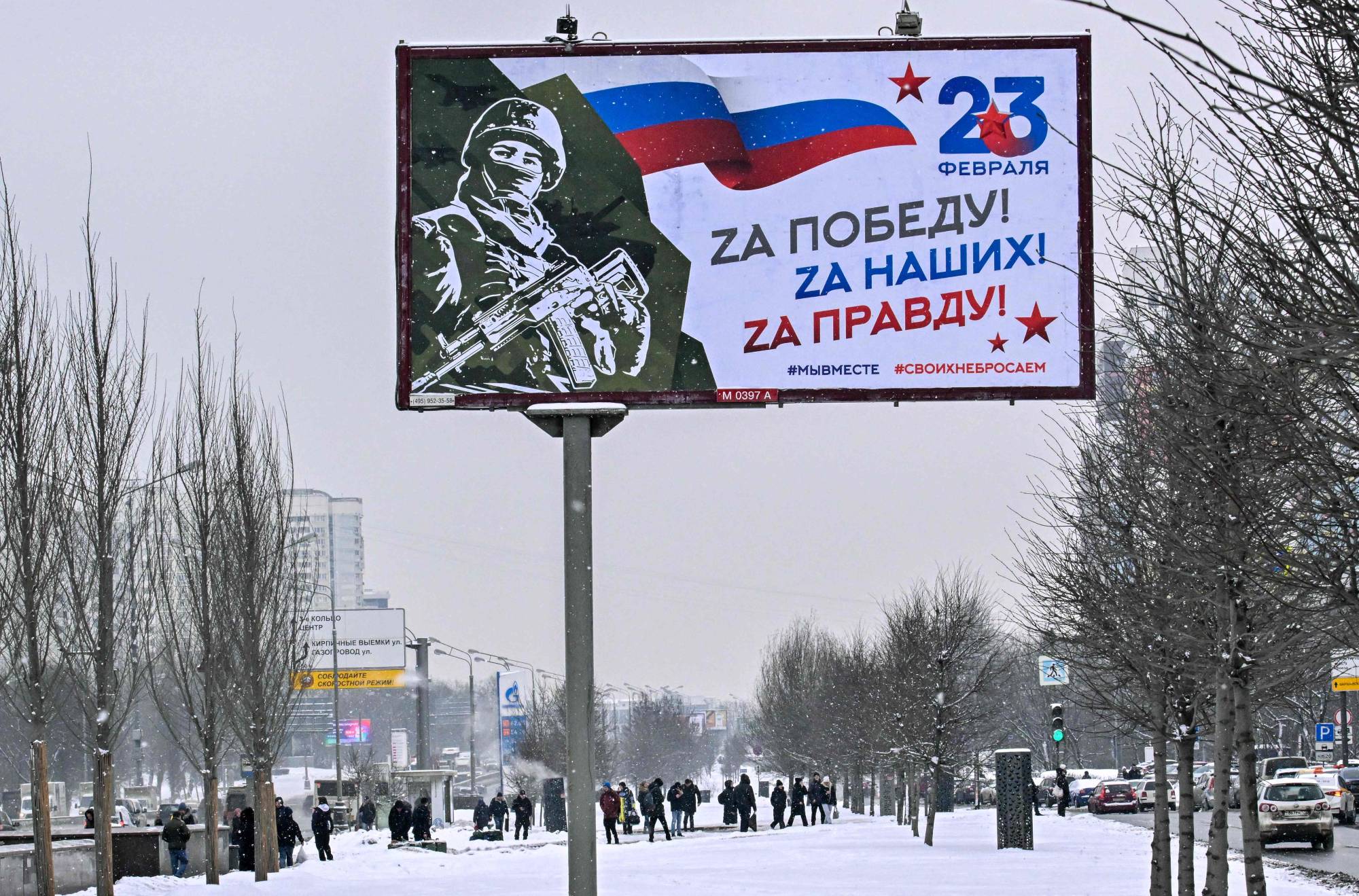National Security Advisor Jake Sullivan’s West Wing office was crammed with sleep-deprived staffers on the morning of Feb. 26, 2022. Clad in jeans and button-down shirts, clutching coffees or cold pizza, they were waiting for U.S. President Joe Biden to join on a secure line. Russia had invaded Ukraine two days earlier. The burning question of the day: How to stop a war.
The U.S. had been warning of a looming invasion for weeks. Sullivan’s team had a plan, one they’d kept closely held out of fear it would be discovered by Russian intelligence. It involved freezing some $300 billion of Russian central bank assets held abroad. That would generate enough shock and awe, the authors figured, to bring Russian President Vladimir Putin’s war to a halt — or at the very least, severely hamper his ability to fight it.
The measure, seen at the time as the economic equivalent of a nuclear weapon, was announced at 5 p.m. in Washington that Saturday. In the days that followed, as Russia’s currency tanked, prices soared, and people lined up at banks to pull out whatever cash they could, some Biden aides briefly worried that they’d gone too far. They didn’t want to completely crater the Russian economy, out of fear the damage would spread to Europe and beyond.



